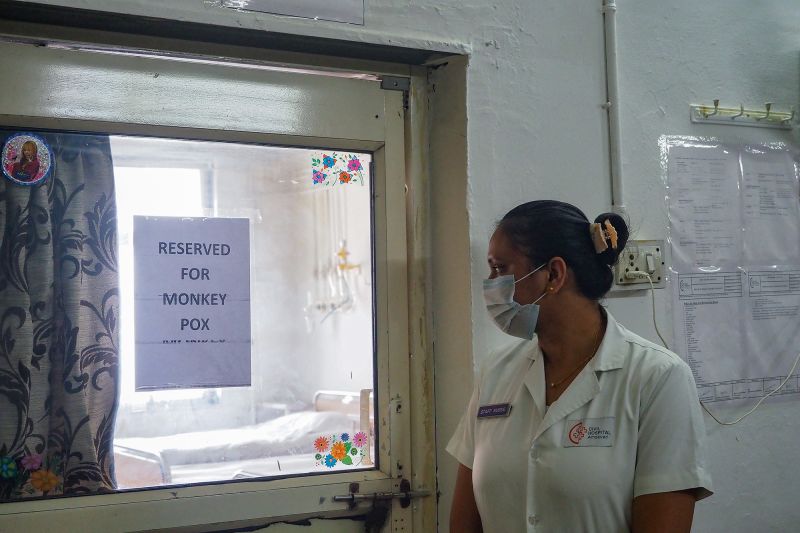The recent pandemic and infectious diseases worldwide has brought to light the emergence of various strains of viruses, posing a new challenge to healthcare globally. In connection to this, India confirms the first case of a deadlier strain of monkeypox, also referred to in medical parlance as ‘mpox.’
Monkeypox is a rare viral disease that occurs mainly in remote parts of Central and West Africa, near tropical rainforests. The monkeypox virus can cause a fatal illness in humans and, although it is similar to human smallpox, which has been eradicated, it is much less severe. The recent confirmation of its deadlier strain in India has raised immense concern throughout the country.
The first case of this deadlier strain of monkeypox, as confirmed by the Indian Health Ministry, reportedly emerged in the southwestern state of Kerala. This strain is believed to be a mutation of the monkeypox virus, exhibiting more severe and lethal symptoms than its precursor.
The patient, a 47-year-old man who had recently traveled from Central Africa, was isolated upon the display of initial symptoms. He was subsequently tested, resulting in the shocking confirmation of the new strain of the virus. In response to this development, authorities have initiated increased surveillance and are undertaking measures to ensure containment and prevention of a potential outbreak.
The deadlier strain of mpox presents a more severe form of the disease, with a pronounced fever, debilitating body aches, severe malaise, and lymphadenopathy. Patients also exhibit the characteristic monkeypox rash, more pronounced, acute, and extensive than seen in the less virulent strain. Additionally, there is the risk of potential complications, including secondary bacterial infection, sepsis, and even risk of pneumonia, making it a formidable health threat.
Experts have noted that the virus likely jumped to humans from rodents, pets, primates, or other mammals. The deadlier strain indicates that the monkeypox virus has undergone a mutation, leading to a more potent and virulent version of the disease. This highlights the role of genetic mutations in viral evolution, underpinning the unpredictable nature of viral diseases and pandemics. It also emphasizes the crucial need for international health surveillance and epidemics response preparedness.
Following the confirmation of the deadlier strain of monkeypox in India, immediate steps were taken to trace and screen individuals who had been in contact with the patient. The health ministry is also working with local health departments and the World Health Organization (WHO) to gather more knowledge about the virulence of this new strain and to develop more effective containment strategies.
As a part of the global health community, India has shown a proactive response in bracing against potential outbreaks of this deadlier strain of mpox. The health department is actively involved in spreading awareness about the new strain, its symptoms, and preventative measures. These efforts engage not just the healthcare workers, but the general population, increasing overall awareness and informing the public on how to safeguard against this potential health risk.
The discovery of the new, more deadly strain of monkeypox in India underscores the dynamic complexity of the world’s virological landscape. Moreover, it underscores the inexorable need for vigilant surveillance, effective disease management, and diligent public health preparedness across all countries, irrespective of their geographical location or economic status.
Therefore, this isolated case serves as a stark reminder of the continuous evolution of pathogens. It stresses the need for robust international collaboration, well-informed public health strategies, and comprehensive research to counter these ever-evolving viral threats. In essence, dealing with these threats is tantamount to safeguarding the health and wellbeing of people worldwide, reinforcing the concept that global health security is indeed a shared responsibility.




